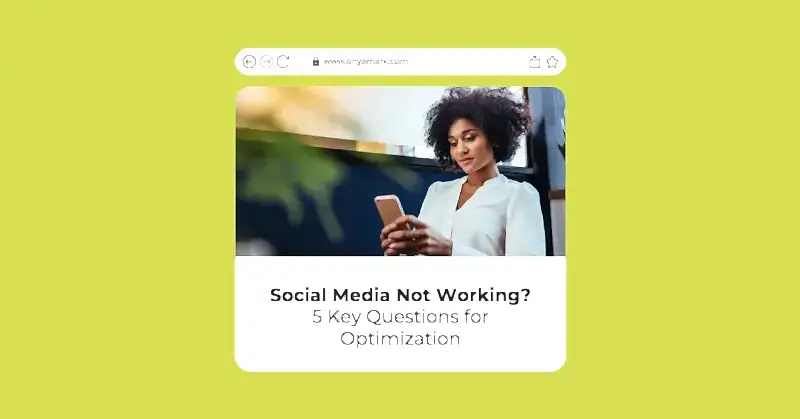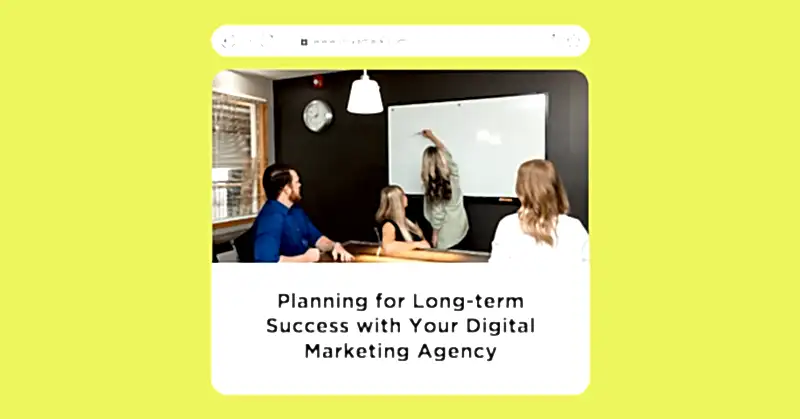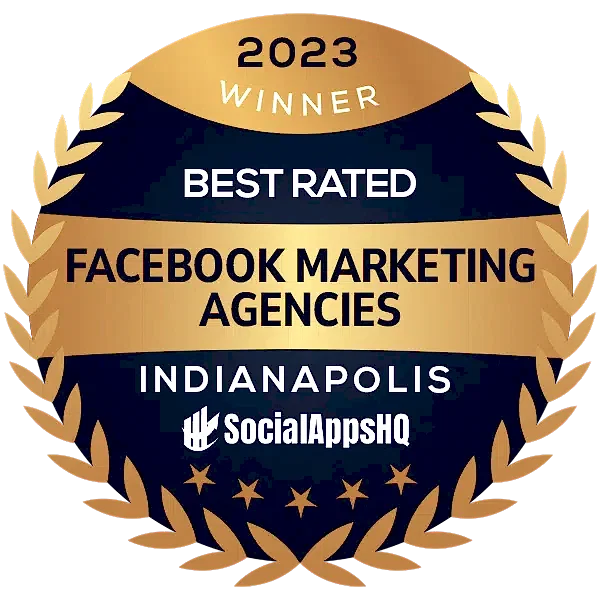Are your social media efforts not working or delivering as expected? Does each month feel like you fall lower and lower beneath the mark you set for your brand? Is it crickets each time you check your channels?
Truth be told, there are several reasons your content may not be working.
Success on social media isn’t just about following trends or hitting arbitrary growth targets. It’s about aligning your strategy with your unique goals and understanding your customer’s/reader’s journey.
But where do you start? Right here with 5 key questions designed to unlock the potential of your social media strategy.
#1 Which metrics align best with my goals?
Start by aligning your social media goals with your overall organizational objectives.
What types of actions are you aiming to hit? If you’re trying to hit everything, the likelihood of your audience taking action is zero. Be sure that your outcomes match what the organization is trying to do.
For instance, if you’re a school that’s trying to encourage volunteer signups for upcoming bake sales, you probably don’t need to be asking people their immediate thoughts on bus schedules on social media.
Here’s a quick guide to help:
- Awareness phase – Your potential customer/reader is exploring options. Key metrics include impressions, reach, and growth in followers.
- Consideration phase – They’re weighing the pros and cons. Key metrics include engagement rate, website views from social, downloads and CTR.
- Conversion Phase – Decision time for your potential customer. Key metrics include email sign-ups, adds-to-cart, checkouts, purchases, link clicks, etc.
- Loyalty Phase – Focus on retaining customers and building community. Key metrics include repeat customer rate, engagement rate, shares, and reviews.
#2 What are the pain points of my audience and how can my content provide a solution?
Be obsessed with your target audience. Prove yourself by adding value to their life. Deep dive into the mindset of your customers. Create content that they need at the moment. Relate to your audience as people, not buyers. Seek to solve their pain points.
The best way to do this is to spend time talking to them in person before talking to them online. Meet them, ask them what bothers them. Reach out to them via surveys if you have to. These are all excellent avenues to getting on their level.
#3 What gaps exist between my current strategy and the strategies of successful competitors?
Don’t overlook your competitors! While it’s tempting to focus solely on your strategy, understanding your competition is key to your growth.
It’s not just about who’s out there, but how you can uniquely fill the gaps and stand out. Analyzing your competitors helps you recognize your strengths, pinpoint weaknesses, and identify fresh audiences. Remember that it’s not about copying, it’s about learning from their successes and making those insights work for you.
#4 What can I learn from my top and bottom-performing posts?
Analyze your top and bottom-performing posts to refine your strategy.
Successful content highlights what your audience enjoys, guiding you to repurpose similar themes.
For low performers, identify common issues like topic, format, or timing. Use these insights to adapt and enhance future posts. Better yet, repurpose these posts to see if changing the wording/timing/etc does improve the engagement.
#5 Are my expectations too high?
So many illegitimate experts are spewing off nonsense and creating unrealistic standards for the average organization.
Instagram alone is typically not enough to increase revenue substantially, it is not common for brands to grow by thousands of followers every month, and every piece of content you put out there shouldn’t go viral.
What we’re saying is that your content may be working exactly as it should for the audience you’re catering to and for the business you’re set up to succeed within.
The best way to gauge realistic expectations is by seeing how others perform in your industry and for the normal audience that they’re catering to.
For instance, if you’re a small family-owned repairman, you are likely focused on your local community, not the US as a whole (unless you’re Superman). Your reach will be smaller and much more direct. Does that mean your business won’t do well using social media? No! You have a great opportunity to reach others who may have otherwise not known of your business.
Remember that it’s not about doing all the things. It’s about doing the right things for your organization.
Is social media strategy something you need help with? Let Onya be there to guide you. Reach out to us today to learn more!








